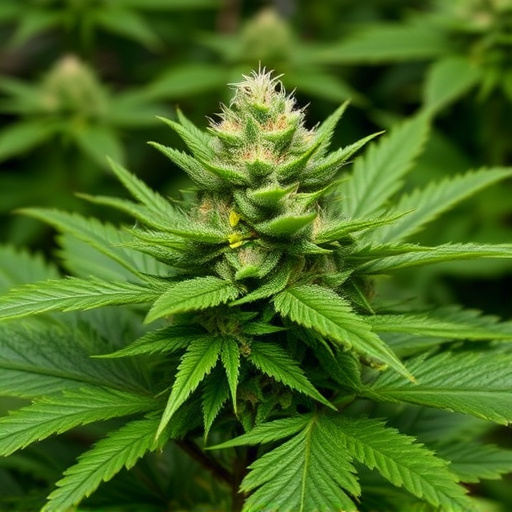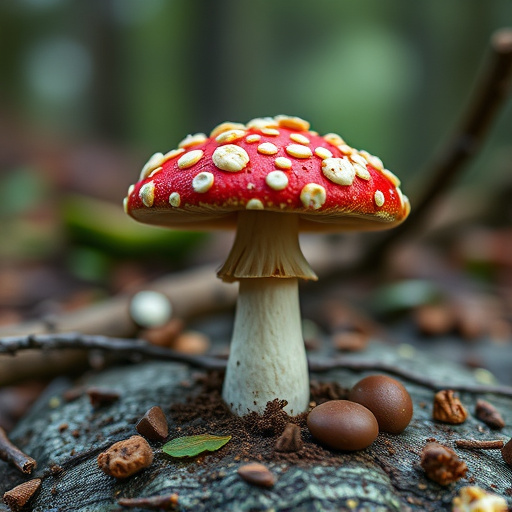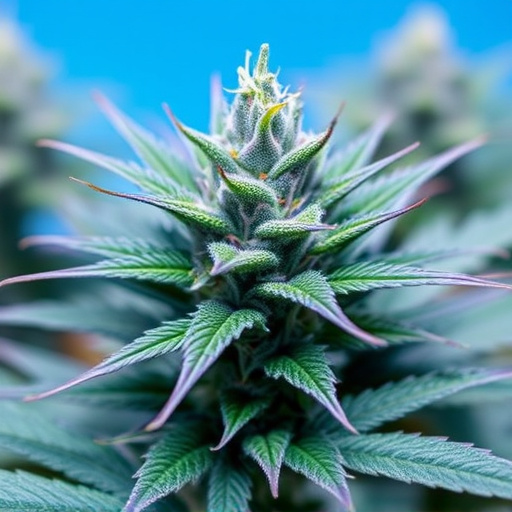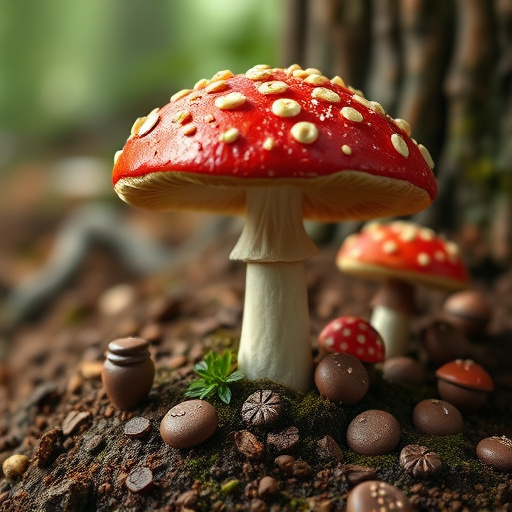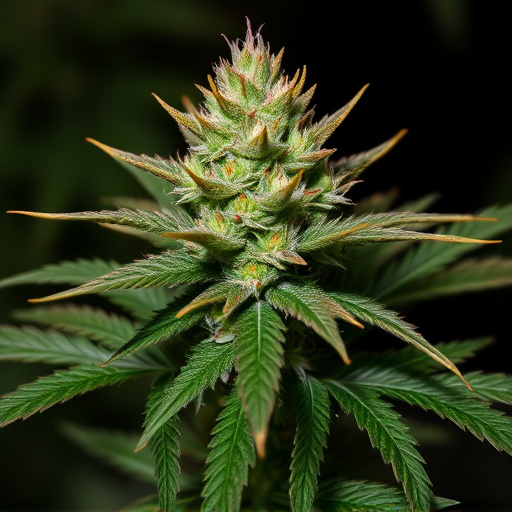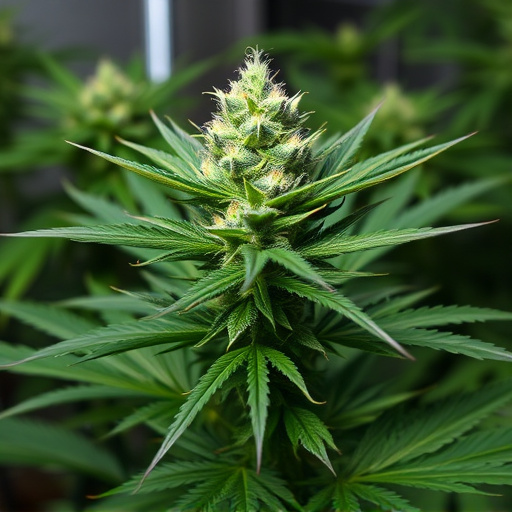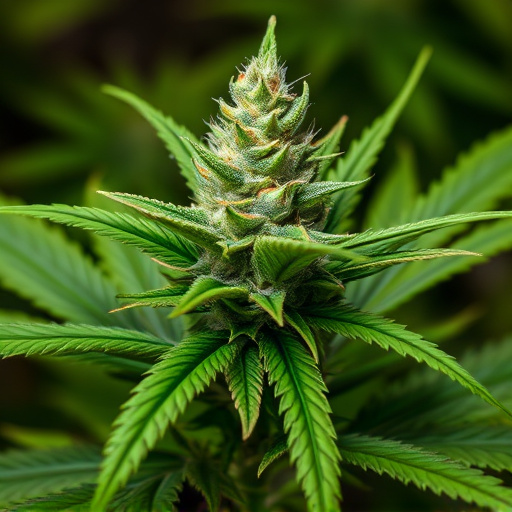In cases of excessive cannabis consumption, especially with high-potency most potent cannabis strains, look out for anxiety, paranoia, rapid heartbeat, dizziness, and focus issues. Physical symptoms include sweating, dry mouth, red eyes, or nausea. To manage these effects, create a calm environment, practice relaxation techniques, stay hydrated, and move to quiet spaces. Time is key in relief as your body metabolizes cannabis. If occasional overconsumption becomes frequent or intense, consider underlying mental health concerns that may require professional assistance. Healthcare providers specializing in substance use disorders can offer guidance and strategies to manage consumption while addressing co-occurring mental health issues.
Do you know what to do if you consume too much cannabis? Understanding how to manage an overwhelming high is essential, especially with today’s diverse and often more potent cannabis strains. This guide explores the signs of being too high, offers techniques to calm down, and provides insights into when professional help might be needed. By understanding these strategies, you’ll be better equipped to navigate an intense experience.
- Recognize the Signs of Being Too High
- Techniques to Calm Down and Reduce Effects
- When to Seek Professional Help
Recognize the Signs of Being Too High

If you find yourself in a situation where you’ve consumed too much cannabis, especially with its most potent strains, it’s crucial to recognize the signs early on. Common indicators include feelings of anxiety or paranoia, which might manifest as a heightened sense of fear or mistrust. You may experience rapid heart rate, dizziness, and difficulty focusing. Physical sensations could range from sweating to dry mouth, red eyes, or even nausea. These effects can be intensified by high-potency varieties, which pack more THC (tetrahydrocannabinol), the primary psychoactive compound in cannabis.
In such scenarios, it’s essential to create a calm environment and practice relaxation techniques like deep breathing or meditation. Staying hydrated and ensuring fresh air intake can help alleviate some symptoms. Moving to a quiet space away from stimulating environments might also be beneficial. Remember, the effects are usually temporary, and time is a significant factor in easing discomfort as your body metabolizes the cannabis.
Techniques to Calm Down and Reduce Effects

If you find yourself feeling too high, there are several techniques to help calm down and reduce the effects. One effective method is to focus on your breathing. Deep, slow breaths can help regulate your heart rate and bring a sense of relaxation. Additionally, engaging in physical activity like stretching or taking a walk outdoors can aid in dissipating the excess endocannabinoid levels associated with cannabis consumption.
Another approach involves sensory grounding techniques. Engage your senses by focusing on what you see, hear, touch, smell, and taste around you. This practice helps bring you back to the present moment and can mitigate overwhelming sensations. Staying hydrated and consuming a light, nutritious meal can also help stabilize blood sugar levels, which may contribute to an improved overall feeling. Avoid isolation; instead, reach out to a trusted friend or family member for support. Remember, the most potent cannabis strains aren’t necessarily the best choice in such situations—it’s crucial to choose products that align with your current tolerance and desired effects.
When to Seek Professional Help
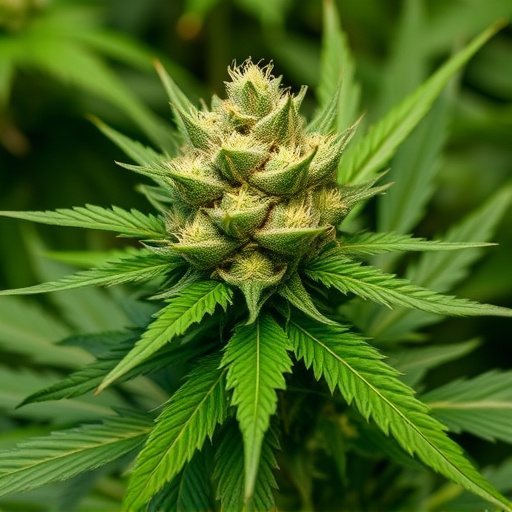
If you find yourself in a situation where you’ve consumed too much cannabis, especially with its most potent strains, it’s crucial to know when to seek professional assistance. While occasional overconsumption may not necessarily indicate a serious issue, frequent or intense episodes can be red flags. If you experience persistent and severe anxiety, paranoia, or difficulty regulating emotions after using cannabis, these could be signs of underlying mental health concerns that require expert attention.
Additionally, if your use has led to problems in daily life, such as difficulties at work, school, or with relationships, it’s important to consider professional help. A healthcare provider specializing in substance use disorders can offer guidance tailored to your needs, helping you develop strategies to manage consumption and address any co-occurring mental health issues. They can also provide support for withdrawal symptoms if necessary.
If you find yourself experiencing intense effects from consuming high-potency cannabis strains, it’s crucial to recognize the signs, take appropriate action using techniques discussed, and remember that seeking professional help is an option when needed. By understanding your limits and being prepared, you can enjoy cannabis safely and responsibly, ensuring a positive experience without unwanted intensity.

